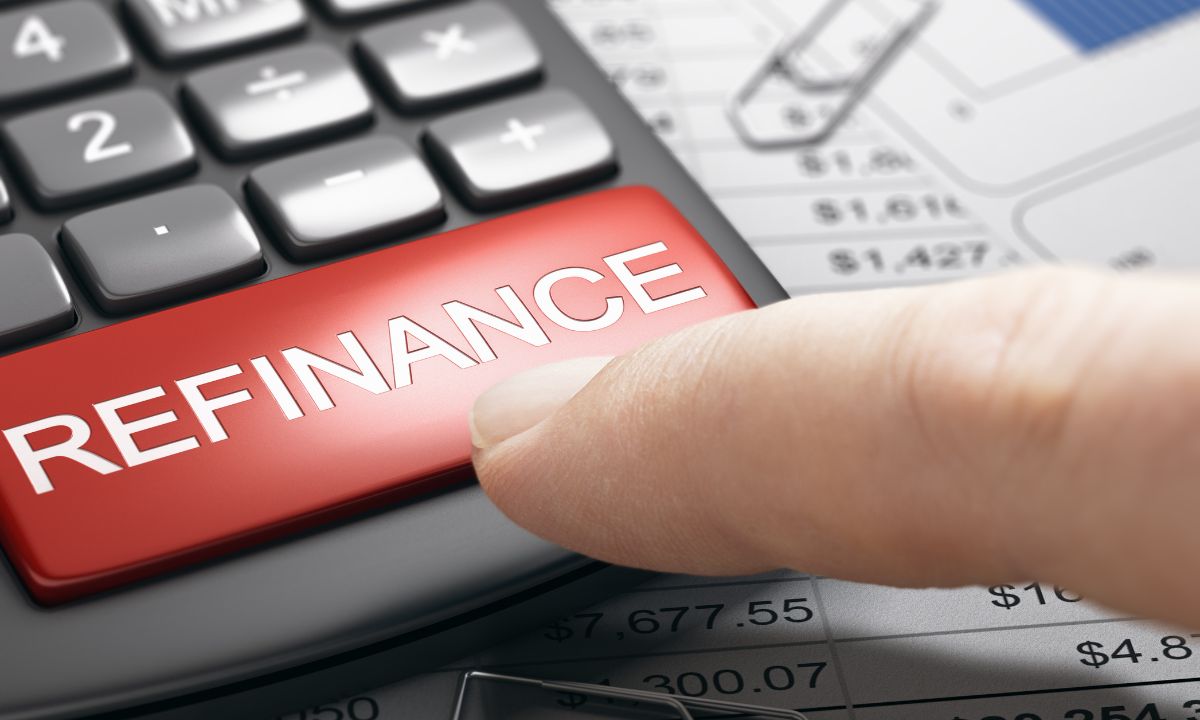 Refinancing a mortgage can provide significant financial benefits, such as lowering your interest rate or accessing home equity. However, it’s important to understand how the process may temporarily affect your credit score. Here’s an in-depth look at the potential short- and long-term effects of refinancing on your credit, along with tips for minimizing any negative impacts.
Refinancing a mortgage can provide significant financial benefits, such as lowering your interest rate or accessing home equity. However, it’s important to understand how the process may temporarily affect your credit score. Here’s an in-depth look at the potential short- and long-term effects of refinancing on your credit, along with tips for minimizing any negative impacts.
What Does It Mean to Refinance a Mortgage?
When you refinance, you replace your existing mortgage with a new loan. Homeowners refinance for a variety of reasons, including:
- Lowering their interest rate
- Changing the loan term (e.g., from 30 to 15 years or vice versa)
- Accessing home equity through a cash-out refinance
There are two primary types of refinancing:
- Rate-and-Term Refinance: Adjusts the loan’s interest rate, term, or both. For example, refinancing to a lower rate can reduce monthly payments, or switching to a shorter term can save on long-term interest costs.
- Cash-Out Refinance: Lets homeowners borrow against their home equity, receiving the difference between the current loan balance and the new loan amount as cash. This option is commonly used for home improvements, debt consolidation, or large expenses.
How Does Refinancing Impact Your Credit?
Refinancing can have both short-term and long-term effects on your credit. While the short-term impacts are usually minor and temporary, it’s helpful to understand the details.
Short-Term Impacts
- Hard Credit Inquiries:
When you apply for refinancing, lenders conduct a hard credit inquiry to assess your financial profile. This can temporarily lower your credit score by five to ten points. Multiple hard inquiries in a short time frame may have a larger impact, so it’s best to avoid shopping for other credit during this period. - Credit Age:
Refinancing creates a new loan account, which may lower the average age of your credit accounts—a factor in determining your score. If you don’t have other long-standing accounts, the impact may be more noticeable. - Credit Utilization:
If you choose a cash-out refinance, your total debt increases, which can raise your credit utilization ratio. This ratio is a key metric in calculating your credit score, so higher utilization can temporarily lower it.
Long-Term Benefits
Despite the initial dip, refinancing can improve your credit and financial health in the long run:
- On-Time Payments:
Payment history is a major factor in your credit score. Regular, on-time payments on your new loan will strengthen your score over time and offset any short-term declines caused by the refinance process. - Improved Debt-to-Income (DTI) Ratio:
Refinancing to a lower interest rate reduces your monthly payments, freeing up income and improving your overall financial flexibility. While DTI isn’t part of your credit score, it’s an important factor for future loan approvals. - Debt Consolidation with Cash-Out Refinance:
Using a cash-out refinance to consolidate high-interest debts can lower your credit utilization ratio and boost your score. However, weigh the risks carefully, as this initially increases your total debt.
Avoid New Credit During Refinancing
Applying for additional credit, like a car loan or credit card—while refinancing can harm your credit score and disrupt the loan process. Lenders may view this as increasing your financial risk, which could jeopardize your approval.
While refinancing may result in a temporary dip in your credit score, the long-term financial benefits often outweigh these short-term effects. By understanding the process and managing your credit wisely, you can make the most of refinancing opportunities and position yourself for future financial success.
 If you’re feeling overwhelmed by credit card debt, a cash-out refinance may be an effective way to manage it. This type of mortgage allows you to utilize your home’s equity to pay off high-interest credit cards, consolidating them into a single, lower-interest mortgage payment.
If you’re feeling overwhelmed by credit card debt, a cash-out refinance may be an effective way to manage it. This type of mortgage allows you to utilize your home’s equity to pay off high-interest credit cards, consolidating them into a single, lower-interest mortgage payment.